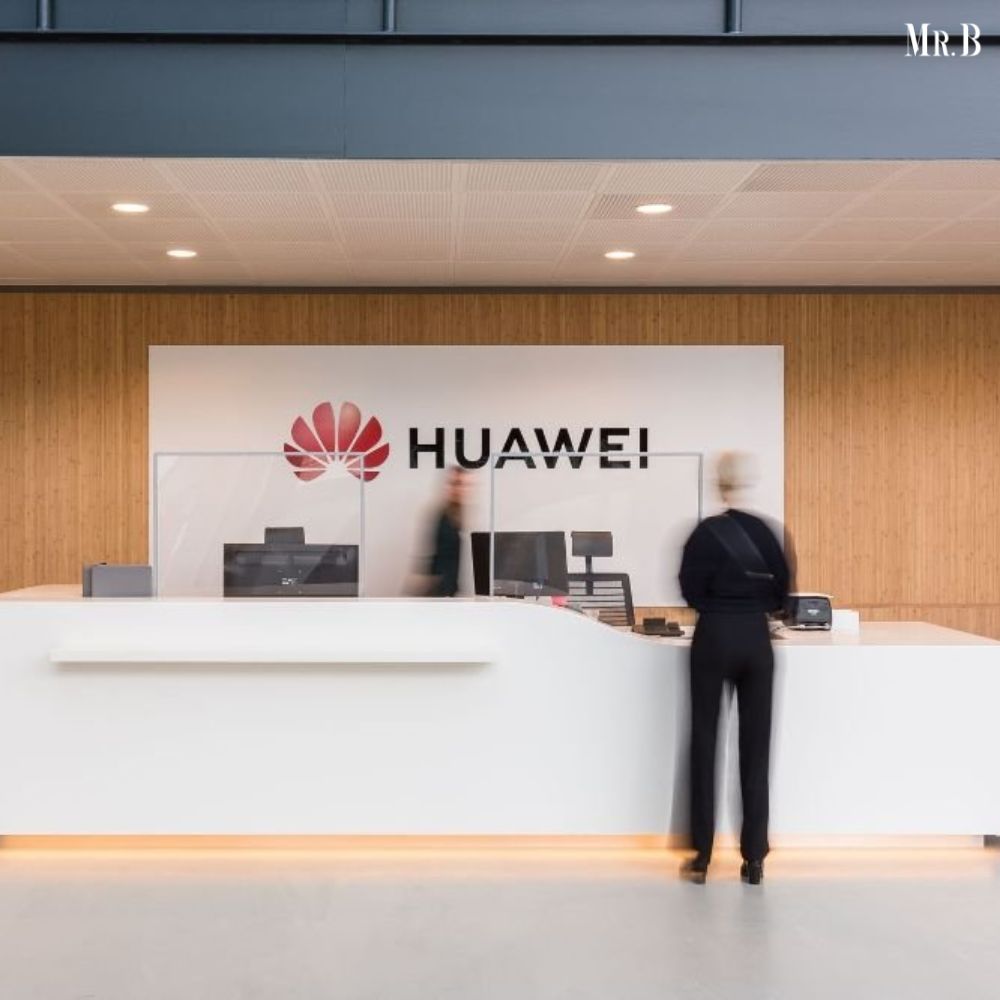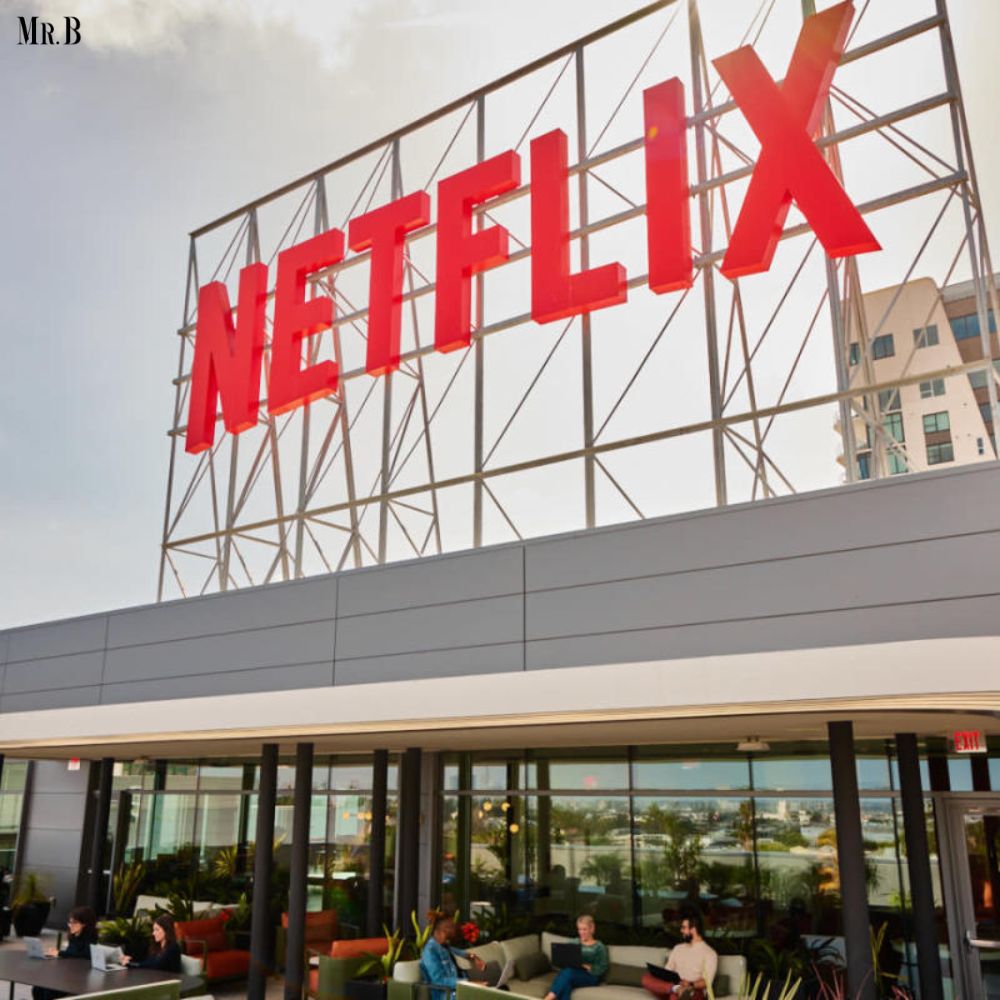The Power and Pitfalls of Influencer Marketing: Navigating the Landscape of Modern Brand Promotion
- Category: Marketing

In the digital age, where social media dominates the realm of communication and interaction, influencer marketing has emerged as a potent tool for brands to connect with their target audiences. Leveraging the influence and reach of individuals with a significant following on platforms like Instagram, YouTube, and TikTok, it has revolutionized the way products and services are promoted. However, amidst its soaring popularity, this marketing strategy comes with its own set of challenges and considerations. This article delves into the intricacies of influencer marketing, exploring its effectiveness, key trends, and potential pitfalls.
Understanding Influencer Marketing
At its core, it involves collaborating with individuals who have a dedicated and engaged following on social media platforms. These influencers, through their content creation and online presence, wield influence over their audience’s purchasing decisions. By partnering with influencers whose values align with their brand identity, companies can tap into their followers’ trust and credibility, thereby amplifying their marketing efforts.
Effectiveness of Influencer Marketing
The appeal of influencer marketing lies in its ability to foster authentic connections between brands and consumers. Unlike traditional advertising, which can feel impersonal and intrusive, it integrates seamlessly into users’ social media feeds, appearing as genuine recommendations rather than overt promotions. This authenticity resonates with audiences, leading to higher engagement rates and, ultimately, increased brand awareness and sales.

Moreover, influencers often specialize in niche interests or demographics, allowing brands to target specific segments of their audience more effectively. Micro-influencers, with smaller but highly engaged followings, are particularly valuable for niche markets, as their recommendations carry greater weight among their dedicated followers.
Key Trends in Influencer Marketing
As influencer marketing continues to evolve, several trends have emerged, shaping the landscape of brand promotion:
1.Authenticity Over Glamour
: Audiences are increasingly drawn to influencers who offer genuine and relatable content rather than polished, aspirational imagery. Brands are recognizing the value of authenticity in influencer partnerships, prioritizing genuine connections over superficial endorsements.
2.Long-term Partnerships:
Instead of one-off collaborations, brands are establishing long-term relationships with influencers to cultivate deeper connections and foster brand loyalty among their followers. These sustained partnerships allow for more authentic storytelling and ongoing engagement.
3.Diversification of Platforms:
While Instagram remains a dominant platform for influencer marketing, brands are diversifying their approach by exploring emerging platforms such as TikTok and Twitch. Each platform offers unique opportunities for engagement and creativity, allowing brands to connect with different audience demographics.
4.Transparency and Disclosure:
With increased scrutiny from regulators and consumers alike, transparency in influencer marketing has become paramount. Brands and influencers are expected to clearly disclose sponsored content to maintain trust and credibility with their audience.
Pitfalls of Influencer Marketing
Despite its many benefits, influencer marketing is not without its challenges. Some common pitfalls include:

1.Authenticity Concerns:
As influencer marketing becomes more prevalent, some influencers may compromise their authenticity by promoting products solely for financial gain, leading to a loss of trust among their followers.
2.Audience Saturation:
With the proliferation of sponsored content, audiences may become desensitized to influencer endorsements, leading to decreased effectiveness and engagement over time.
3.Risk of Misalignment
: Partnering with influencers whose values or audience demographics do not align with the brand can result in ineffective campaigns or even backlash from consumers who perceive the collaboration as inauthentic or opportunistic.
4.Measurement and ROI:
Measuring the effectiveness of influencer marketing campaigns can be challenging, particularly in terms of quantifying return on investment (ROI). Brands must establish clear objectives and metrics for success to accurately evaluate the impact of their influencer partnerships.
Navigating the Influencer Marketing Landscape
To navigate the complexities of influencer marketing successfully, brands should adopt a strategic approach:
1.Identify Objectives:
Clearly define the goals and objectives of the influencer marketing campaign, whether it’s increasing brand awareness, driving website traffic, or boosting sales.
2.Audience Research:
Conduct thorough research to identify influencers whose values, audience demographics, and content align with your brand’s identity and target market.
3.Build Authentic Relationships:

Cultivate genuine relationships with influencers based on mutual respect and shared values. Prioritize long-term partnerships that allow for authentic storytelling and ongoing engagement.
4.Transparency and Compliance:
Ensure compliance with regulations and industry standards regarding sponsored content disclosure. Transparent communication with both influencers and audiences is essential for maintaining trust and credibility.
5.Measure and Evaluate:
Implement robust metrics to track the performance of influencer marketing campaigns and evaluate their impact on key objectives. Adjust strategies as needed based on insights and feedback.
Conclusion
Influencer marketing has emerged as a powerful tool for brands to connect with consumers in the digital age. By leveraging the influence and authenticity of social media influencers, brands can amplify their marketing efforts and cultivate meaningful relationships with their target audience. However, navigating this landscape requires careful consideration of authenticity, audience alignment, and measurement strategies. By adopting a strategic approach and prioritizing genuine connections, brands can harness the full potential of influencer marketing to achieve their marketing objectives in an increasingly competitive marketplace.
Curious to learn more? Explore this Article on: Mr. Business Magazine







